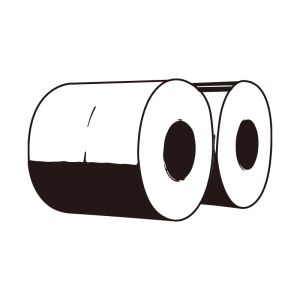On December 8th, according to foreign media, the industry organization European Aluminium stated that the European Union should impose further sanctions on Russian aluminum in addition to banning aluminum wire, foil, and pipes produced in Russia, in order to have a greater impact.
EU member states are considering the proposed 12th set of sanctions, including a ban on the import of aluminum wire, pipes, and tubes, which constitute a small portion of Russian aluminum imports.
“We regret that the vast majority of aluminum (over 85% of the total) exported to the EU from Russia, particularly primary metal, appears to remain outside the scope of these measures,” European Aluminium said in a letter to Ursula von der Leyen, the President of the European Commission.
Data from Eurostat, the EU’s statistics agency, shows that in the first nine months of 2023, the EU imported nearly 500,000 tons of Russian aluminum and aluminum products worth €1.26 billion ($1.37 billion).
“We will not make specific comments,” said an EU spokesperson in response to a request for comment from reporters. “Sanctions must be unanimously adopted by the member states of the EU Council.”
When Russia invaded Ukraine in February 2022, the EU took a cautious approach as the region relied on Russian aluminum supply, which is a critical material for the European industry.
“However, 21 months later, the situation has changed significantly. The European aluminum industry has accelerated its decoupling from Russia,” the industry organization stated.
Trade Data Monitor, a trade data monitoring company, said that from January to September this year, the EU imported over 2.4 million tons of non-alloyed and non-forged primary aluminum worth $6.3 billion, of which 11% came from Russia. In comparison, the proportion was 20% for the same period last year and 2021.
“The scope of sanctions must be much broader to have a substantive impact. It should include primary aluminum from Russia,” said Pål Kildemo, CFO of Norwegian aluminum producer Hydro.
Kildemo stated, “We need strict anti-avoidance rules to ensure that sanctions are not circumvented by shipping Russian aluminum to third countries and processing it into products sold to Europe.”
Russian aluminum is produced by Rusal, and the company’s aluminum supply amounted to 4 million tons last year, accounting for 6% of global supply.
In July of this year, European Aluminium wrote to its member states, stating that it had discussed the “positive call for EU sanctions on the Russian aluminum industry” but did not discuss the possibility of sanctions on Russian aluminum.



